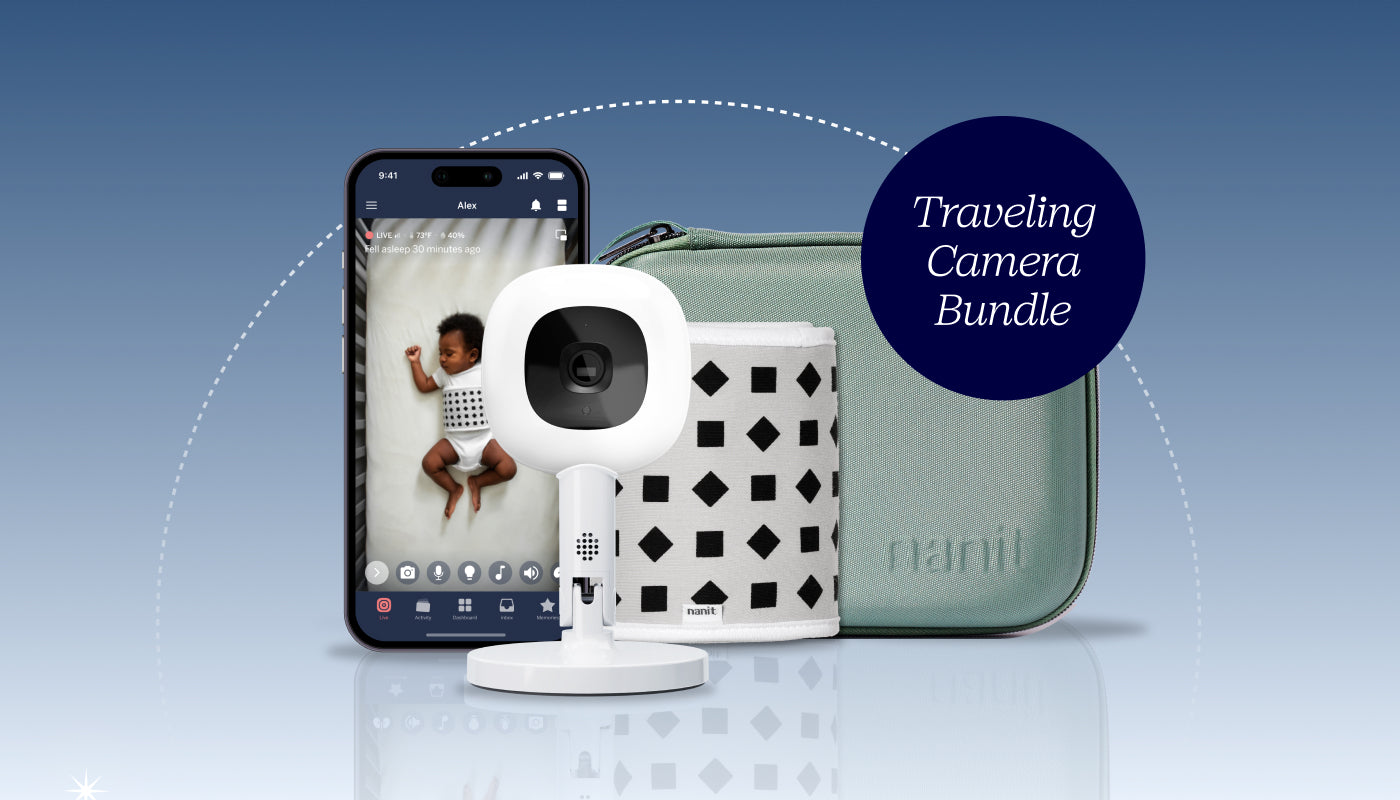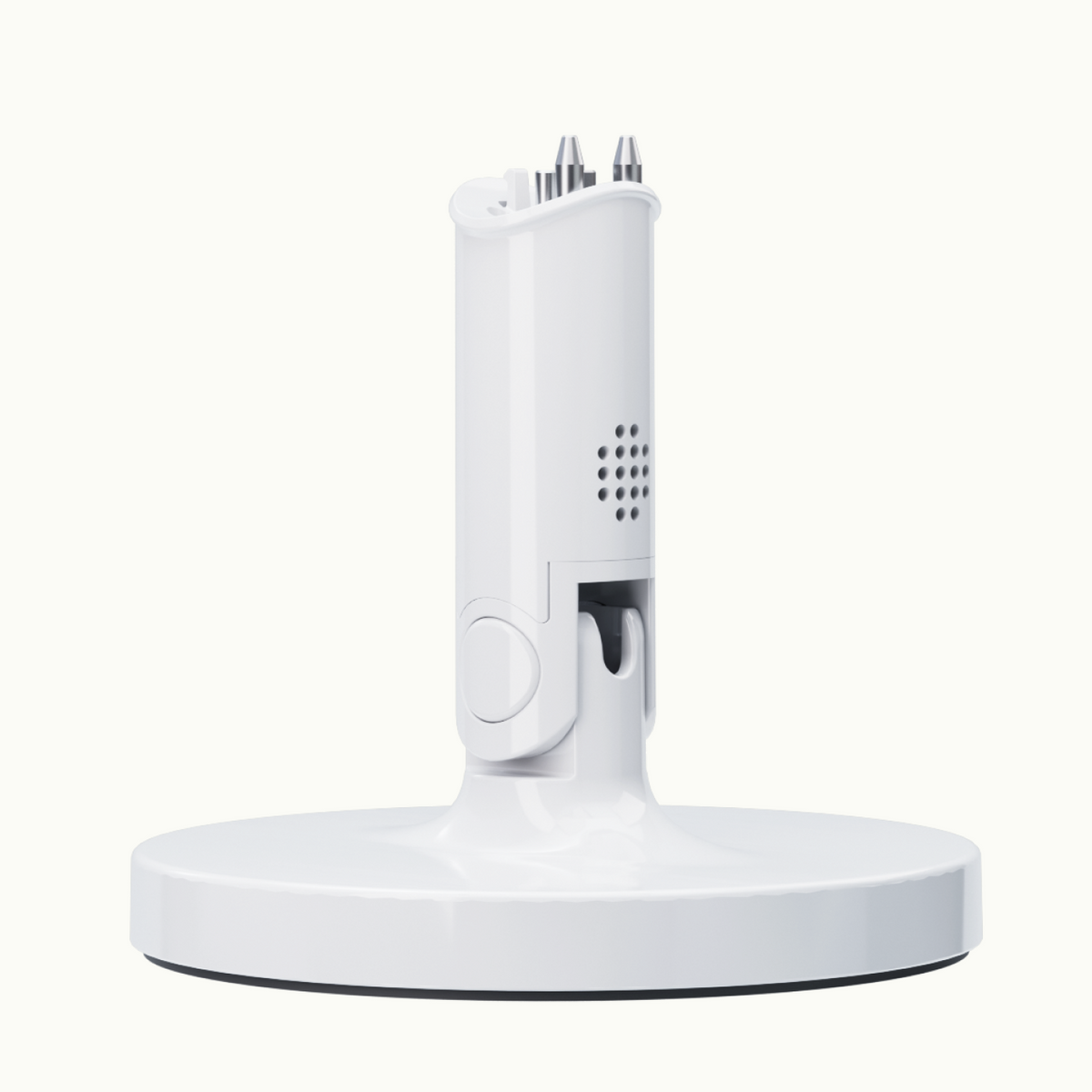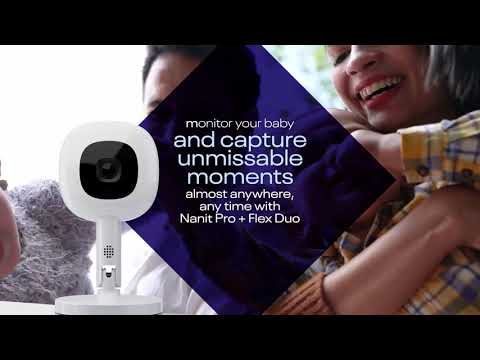We tend to think of postpartum depression (PPD) as something moms experience. But dads can be affected, too! A recent Nanit Lab study found that 21 percent of fathers reported experiencing symptoms of depression or anxiety after becoming a parent. And 65 percent of dads aren’t aware that their symptoms are associated with PPD—which can limit dads’ ability to seek help.
Moms’ lives change dramatically once they have kids, to be sure. “Dads’ lives also change in a big way, but not many people talk about that.” says Natalie Barnett, VP of Clinical Research at Nanit and one of the authors of the Nanit study. “Dads are expected to carry on like nothing ever happened when, at home, they’re dealing with a lot of new things: nighttime wake ups, trying to support their partner, diaper changes and feedings.” Plus, dads may feel like they’re not allowed to speak up about their feelings since they didn’t deliver the baby or experience hormone changes of pregnancy and postpartum. That stigma and shame can also make it hard for dads to ask for help if they need it. And symptoms of PPD for fathers can be different than those of moms, so it’s sometimes trickier to spot them.
All of which is why, Dads, we want to show you the love! Here are common PPD symptoms to watch out for and ways to find the support you need and deserve.
How to Recognize the Postpartum Depression Signs in Dads
Some of the common symptoms dads experience with PPD include:
- Changes in appetite
- Sleep problems like insomnia
- Extreme fatigue
- Anger and irritability
- Jealousy
- Feeling helpless
- Emotional detachment; having difficulty bonding with your baby
In the Nanit study, sleep problems were the most common symptom reported by parents, affecting 72 percent of fathers and 59 percent of mothers. But dads are less likely than moms to recognize any of these symptoms as being connected to postpartum anxiety or depression.
These findings show a need for more education and awareness around fathers experiencing PMADs (perinatal mood and anxiety disorders), so that moms and dads can recognize problems early and seek treatment when it’s needed.
How to Get Help
Calling all dads! Consider this your permission slip to feel what you’re feeling, know that you’re not alone, and take action to feel better. These ideas can get you started:
- Talk to your partner about how you’re feeling. The two of you are a team, now more than ever, and your partner will want to know if you’re struggling or hurting.
- Sleep. Nanit’s study found that sleep and exercise were the most important factors that helped dads resolve PMAD symptoms. And while we know the idea of getting either may sound impossible at the moment, look for whatever ways you can to include them in your day-to-day routine. For sleep, Nanit’s Pro Camera and Sound+Light monitors are proven tools that help families sleep longer and better during the night. You may also want to strategize with your partner on setting up a sleep schedule. For example, you might trade off attending to nighttime wakeups or getting up with early bird little ones, so you both are guaranteed some uninterrupted stretches of sleep. Also, that old adage—sleep when the baby sleeps—is a good one whenever you can make it work! So, even if you have never been a napper before, sneak in a nap or three on the weekends or when you can; even a 15-minute catnap can refresh you!
- Exercise. Let’s be honest: You likely don’t have the time or energy these days to head out for a long bike ride or run. (You’ll get back to those eventually when everyone’s bigger.) For now, work in movement wherever you can, whether it’s wearing the baby and walking, instead of driving, to the store or taking the dog and the stroller out for a loop around the block.
- Take parental leave if you can. If your employer offers parental leave when you have a child, take advantage of the benefit. “I would love for dads to take as much parental leave as moms do,” says Dr. Natalie. “It’s often not seen as okay by a dad’s employer or others, and we need to do whatever we can to help parents feel confident about that choice. When families can be together after their child is born, it’s a really great thing for dads and the whole family. It helps dads to bond better with their baby and their partner. It benefits everyone.”
- Seek medical care if you need it. Some issues are bigger than you can handle on your own. So reach out to your doctor, therapist, or another trained medical provider, as screenings for symptoms in fathers can help with early detection and treatment. Your provider will be able to offer you important insights and strategies to keep you company and see you through to the other side. Above all, know that postpartum depression is not something you have to suffer through alone!
Find out more about how to make Nanit part of your parenting village, letting you get more rest and build your confidence.



